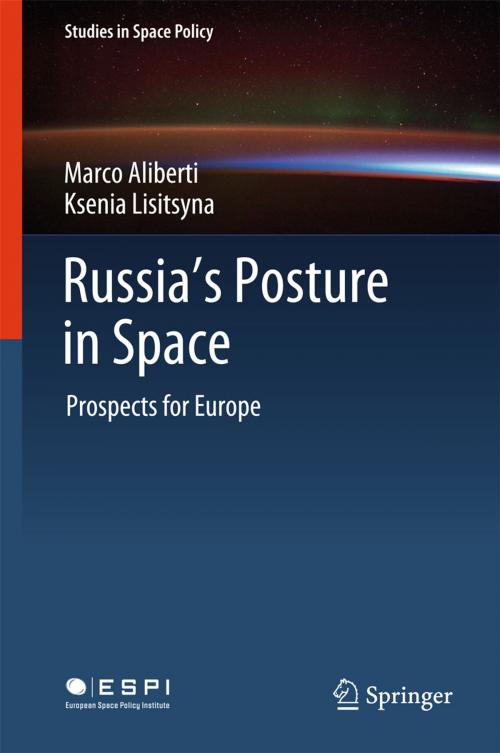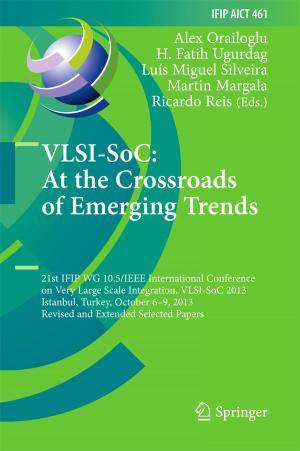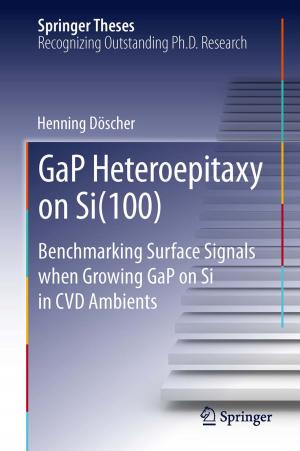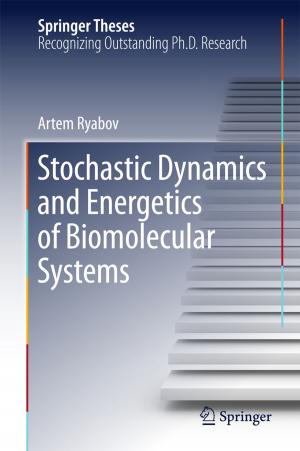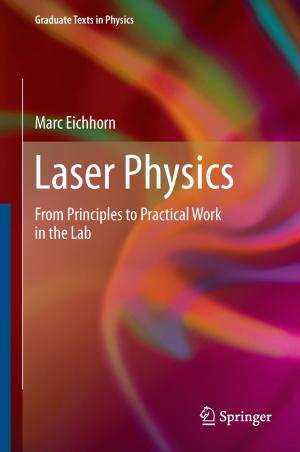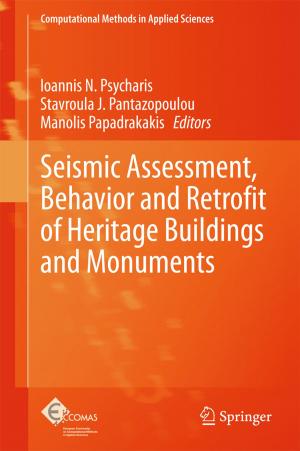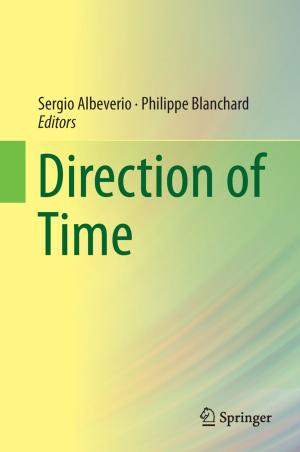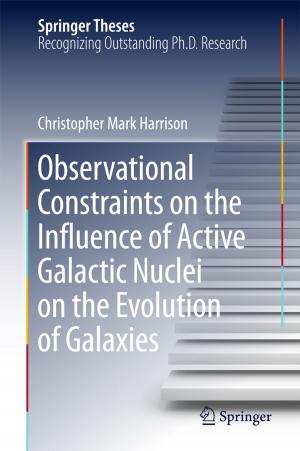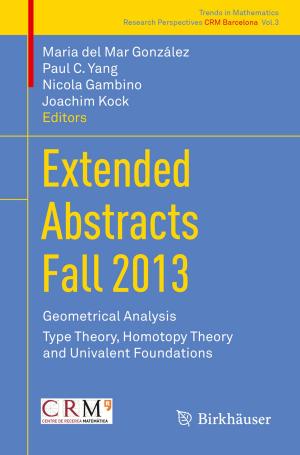Russia's Posture in Space
Prospects for Europe
Nonfiction, Science & Nature, Technology, Aeronautics & Astronautics, Science| Author: | Marco Aliberti, Ksenia Lisitsyna | ISBN: | 9783319905549 |
| Publisher: | Springer International Publishing | Publication: | June 13, 2018 |
| Imprint: | Springer | Language: | English |
| Author: | Marco Aliberti, Ksenia Lisitsyna |
| ISBN: | 9783319905549 |
| Publisher: | Springer International Publishing |
| Publication: | June 13, 2018 |
| Imprint: | Springer |
| Language: | English |
The book sheds new lights on the evolution of Russian space activities with a focus on their strategy of international cooperation. This analysis is carried out in relation to the evolution of the domestic and international dynamics that have been impacting the country’s direction in space, with the ultimate goal of providing an assessment on their impact for current and foreseeable Europe-Russia space relations. Russia has traditionally been one of the two main strategic partners for Europe in its space endeavor. Hitherto, long-standing cooperation has been nurtured between the two actors in various areas, from scientific research to space transportation and human spaceflight. In recent years, however, a number of endogenous and exogenous developments has triggered significant changes in Russia’s space posture. These changes are evident in the adjustment of Russia’s space policies and programmatic goals, in the restructuring of the domestic space industry as well as in the attitude towards international space partnerships.
The book sheds new lights on the evolution of Russian space activities with a focus on their strategy of international cooperation. This analysis is carried out in relation to the evolution of the domestic and international dynamics that have been impacting the country’s direction in space, with the ultimate goal of providing an assessment on their impact for current and foreseeable Europe-Russia space relations. Russia has traditionally been one of the two main strategic partners for Europe in its space endeavor. Hitherto, long-standing cooperation has been nurtured between the two actors in various areas, from scientific research to space transportation and human spaceflight. In recent years, however, a number of endogenous and exogenous developments has triggered significant changes in Russia’s space posture. These changes are evident in the adjustment of Russia’s space policies and programmatic goals, in the restructuring of the domestic space industry as well as in the attitude towards international space partnerships.
